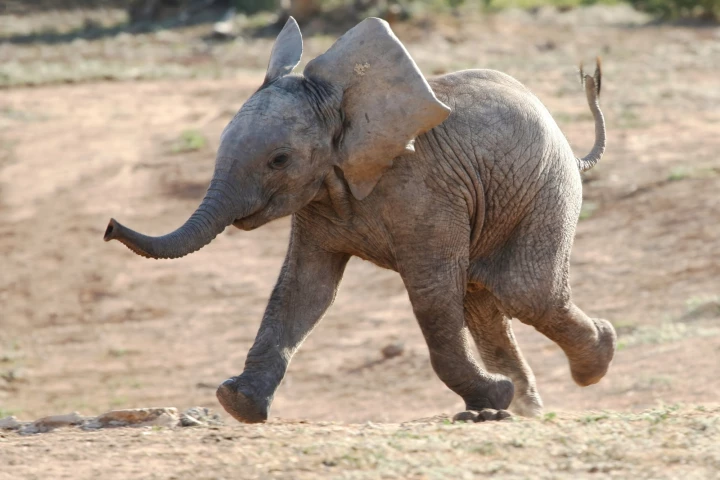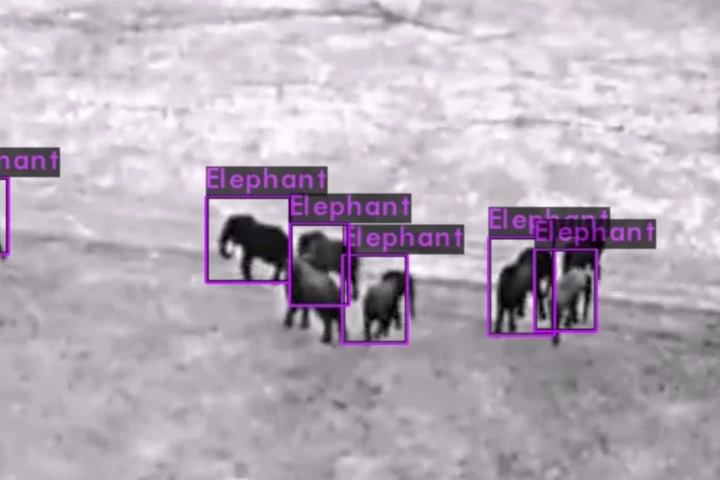Poaching
-
Two lion siblings – one with only three legs – have set a daring new world record for long-distance swimming, paddling across a treacherous channel infested with crocodiles and hippos, on an epic life-or-death journey in search of female mates.
-
Cake has gotten more serious about stopping African poachers. It has followed up its Kalk AP electric bush bike with an even more versatile, stealthy ebike, the Ösa AP. The new bike is part workbench, part cargo hauler and part off-grid power supply.
-
Back in January, Sweden's Cake joined with the Southern African Wildlife College and Goal Zero to develop a special electric motorcycle to aid anti-poaching measures in the African bush. Now the bikes have been delivered and are in use by rangers.
-
Swedish electric motorcycle company Cake has launched the Kalk AP, a special edition developed to help rangers protect wildlife in the African bush. The motos are also supplied with Goal Zero solar kits to keep the battery topped up in the wild.
-
A new research project at the University of Twente could be of great use to anti-poaching efforts, by mixing motion sensors with machine learning to recognize when wildlife is responding to a nearby threat.
-
A new student-led research program has been launched at the UK's University of Southampton with the aim of finding ways to improve the efficiency and extend the battery life of unmanned aviation vehicles used to monitor remote locations.
-
Intel’s latest AI chips are poised to play a part in conservation through integration with advanced new camera systems trained to detect intruders with bad intentions.
-
In an effort to combat poaching, drone technology has been paired with software and techniques used by astronomers in a system designed to automatically detect and monitor wildlife in hard to reach areas, even at night when most poaching occurs.
-
Poachers typically hunt at night, which is why drone-mounted infrared cameras are being used to spot them. The problem is, it can be difficult to tell humans from animals in the videos. Scientists from USC are making the job easier, using artificial intelligence.
-
Many wild elephants already wear GPS-equipped collars, which let wildlife officials track their whereabouts. An upgrade to those collars, however, could soon allow those officials to instantly know when poachers are shooting at the elephants.
-
Scientists have taught us pretty much all that we know about the animal kingdom, but are there times when they are better off keeping their discoveries to themselves?
-
There are a number of trials being conducted to investigate how small aerial surveillance aircraft can be used to combat poaching. The latest effort involves the use of AI software to quickly identify poachers and animals in drone footage, in an attempt to better protect elephants and rhinos.
Load More











